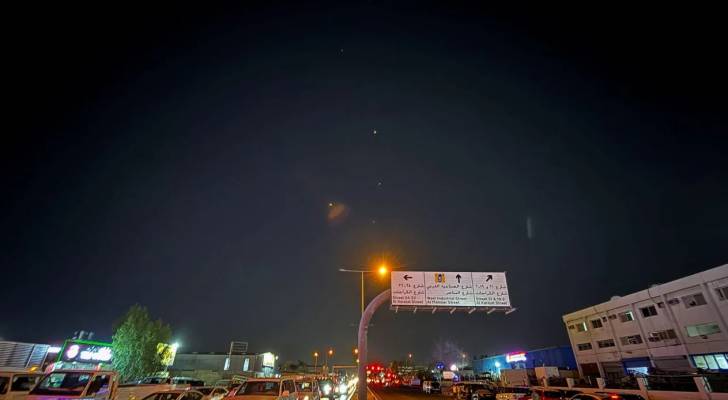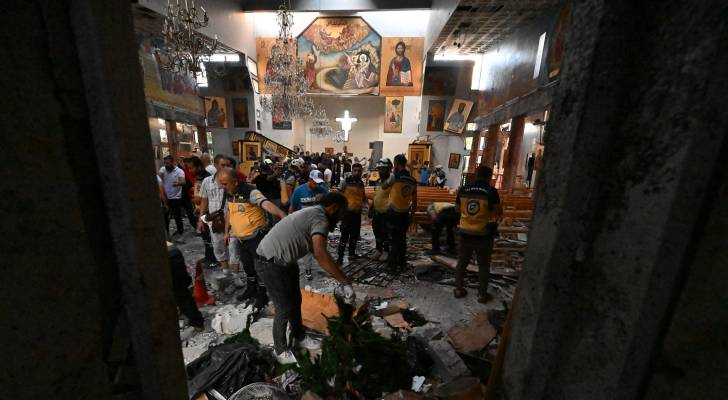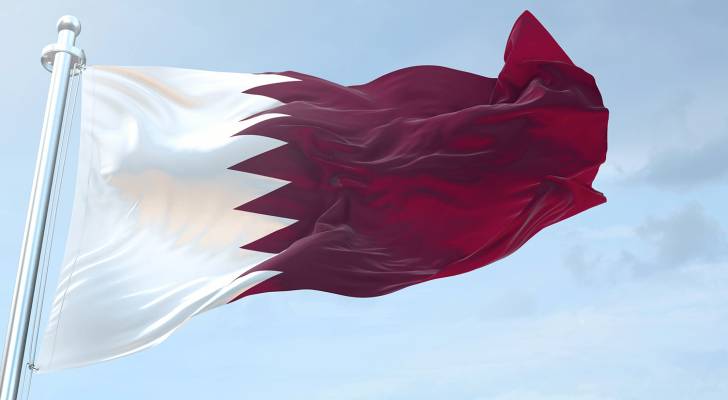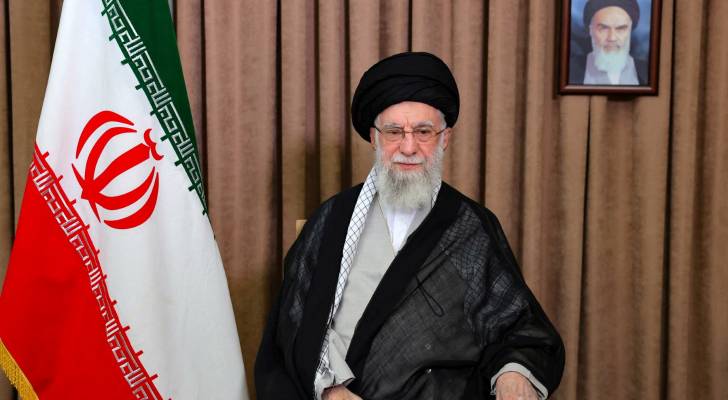Marking World Refugee Day, UNHCR inaugurates 13th annual refugee exhibition in Amman
AMMAN — The UNHCR on Thursday inaugurated its 13th annual refugee exhibition in Amman to mark World Refugee Day, showcasing the handmade crafts of refugee artisans in Jordan.
The exhibition, held at the Design Space in the capital, aims to support refugee communities by providing a platform to sell their products and preserve their cultural heritage.
This year’s World Refugee Day is observed under the theme “Solidarity with Refugees”, a message that underlines the importance of global support for displaced populations and their host countries.
As of June 2025, around 600,000 refugees are registered with the UNHCR in Jordan, the agency confirmed.
In a statement, the UNHCR called on the international community to maintain its commitment to supporting both Jordan and the refugees it hosts. Sustained international assistance, it said, is crucial for preserving essential services and ensuring decent livelihoods for affected communities.
According to the UNHCR’s Global Trends Report 2024, released last week, an estimated 123.2 million people worldwide are now forcibly displaced due to persecution, conflict, violence, and human rights violations. This equates to one in every 67 people globally. The report notes a 6 per cent increase, about 7 million people — compared to the end of 2023, although the pace of displacement has begun to slow.
Honouring Refugee Resilience
World Refugee Day is a moment not only to honour the resilience of refugees but also to thank those who stand with them. The UNHCR extended its appreciation to the Jordanian government and people, acknowledging their enduring generosity in hosting refugees fleeing war and persecution.
“Jordan has consistently opened both its doors and its heart,” the refugee agency noted, “offering displaced people the opportunity to rebuild their lives in safety and dignity. This exceptional commitment is a beacon of hope in a world where forced displacement continues to rise.”
The UNHCR also commended its strong partnership with the Jordanian government, donors, and humanitarian organisations, describing it as a “global model of solidarity and shared responsibility”.
The exhibition was held in collaboration with the UN partners, Jordan River Foundation, and other partners. It featured work by 30 refugee artisans, with all proceeds from sales going directly to the creators.
Tareq Yehya, founder of Yara Design Pages, said he and his wife, Maha Noubani, have worked with refugee women since 2000.
“We currently work with about 35 women from Baqaa, Ramtha and Azraq,” Yehya said. “Our work focuses on traditional Bedouin embroidery and handmade crafts. Most of the production is done at home, providing a source of income for these women.”
“Our main goal is to revive heritage. We teach for free as much as possible so that women can generate income. Many of them rely on this work to survive. When we buy their work, they gain more than just income, they also pass on their skills to others.”
Mohammad Deisi, who manages sales at the Design Space exhibition, noted that many of the embroidered scarves and crafts on display were made by women from underprivileged communities in Al Dleil and Mafraq. “This initiative has been ongoing for over two to three years,” he said.
He added that part of the proceeds also support Bunayyat School for Special Needs, which serves children with autism. “Many of these initiatives focus on supporting marginalised communities, including those working with seashells and traditional crafts.”
A Platform for Recognition and Growth
Maria Stavropoulou, UNHCR Representative in Jordan, highlighted the significance of the exhibition: “This is our 13th exhibition, and it’s a celebration of solidarity. It reflects the continued support and welcoming spirit that Jordan has extended to refugees for many years.”
She also thanked UN sister agencies and government partners for their enduring work in refugee response. “This exhibition includes 30 refugees who are showcasing and selling their products, every purchase goes directly to them.”
Nadia Dajani, designer and owner of Design Space, reflected on her work with refugee women from Azraq and Zaatari camps. “We’ve collaborated on beautiful embroidery and floral designs,” she said. “Through the MADE51 platform with the UNHCR, these products are shared online and hopefully will reach international audiences. Collaboration is key to making these initiatives succeed.”
Latest News
-
 CEASEFIRE IS NOW IN EFFECT, PLEASE DO NOT VIOLATE IT!
CEASEFIRE IS NOW IN EFFECT, PLEASE DO NOT VIOLATE IT!
-
 Iran missile strike on US Al Udeid base heightens Gulf tensions
Iran missile strike on US Al Udeid base heightens Gulf tensions
-
 Syria announces arrests over Damascus church attack: Interior ministry
Syria announces arrests over Damascus church attack: Interior ministry
-
 Qatar suspends air traffic as precautionary measure: Foreign ministry
Qatar suspends air traffic as precautionary measure: Foreign ministry
-
 Khamenei retreats to bunker as fears of assassination grow: New York Times
Khamenei retreats to bunker as fears of assassination grow: New York Times